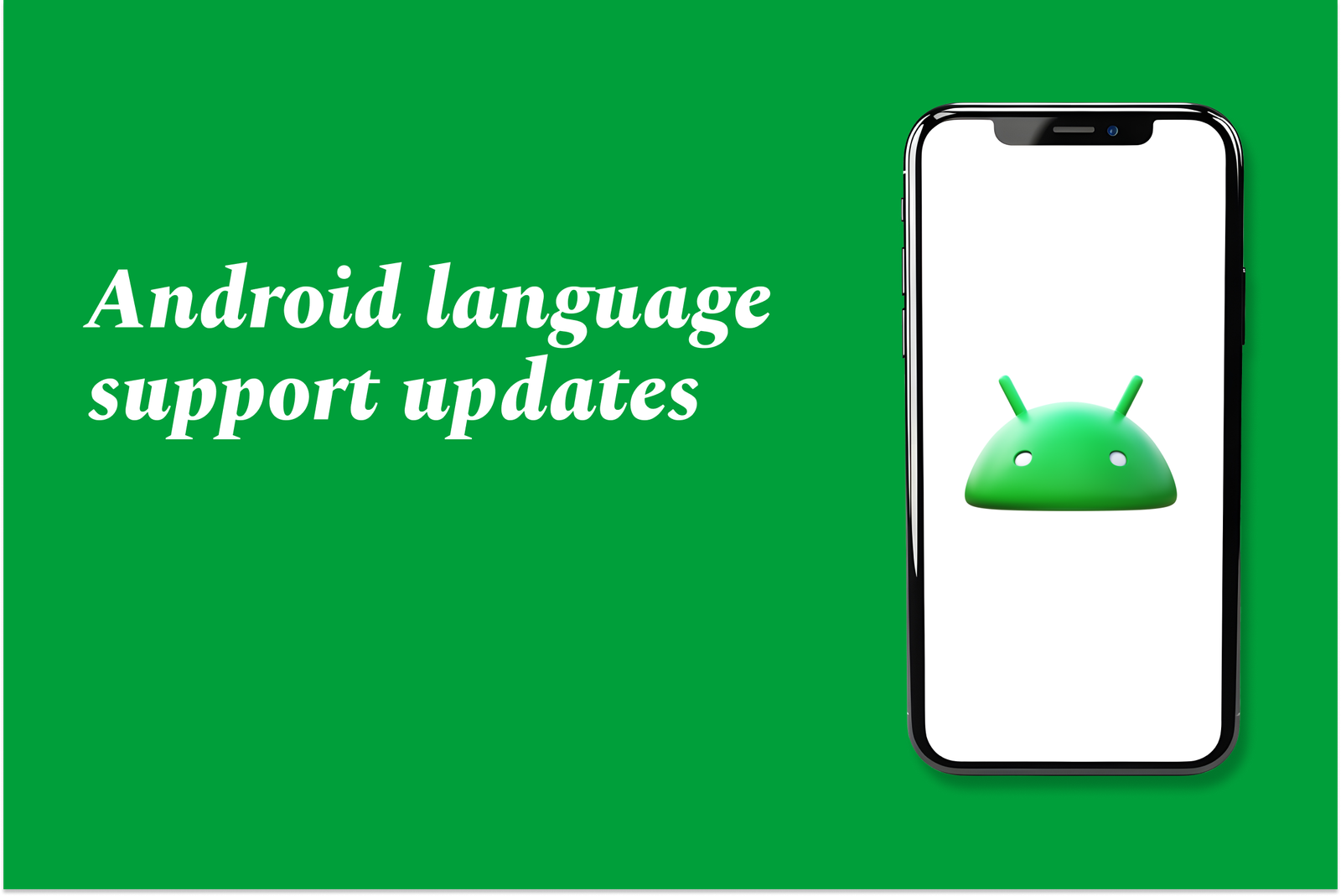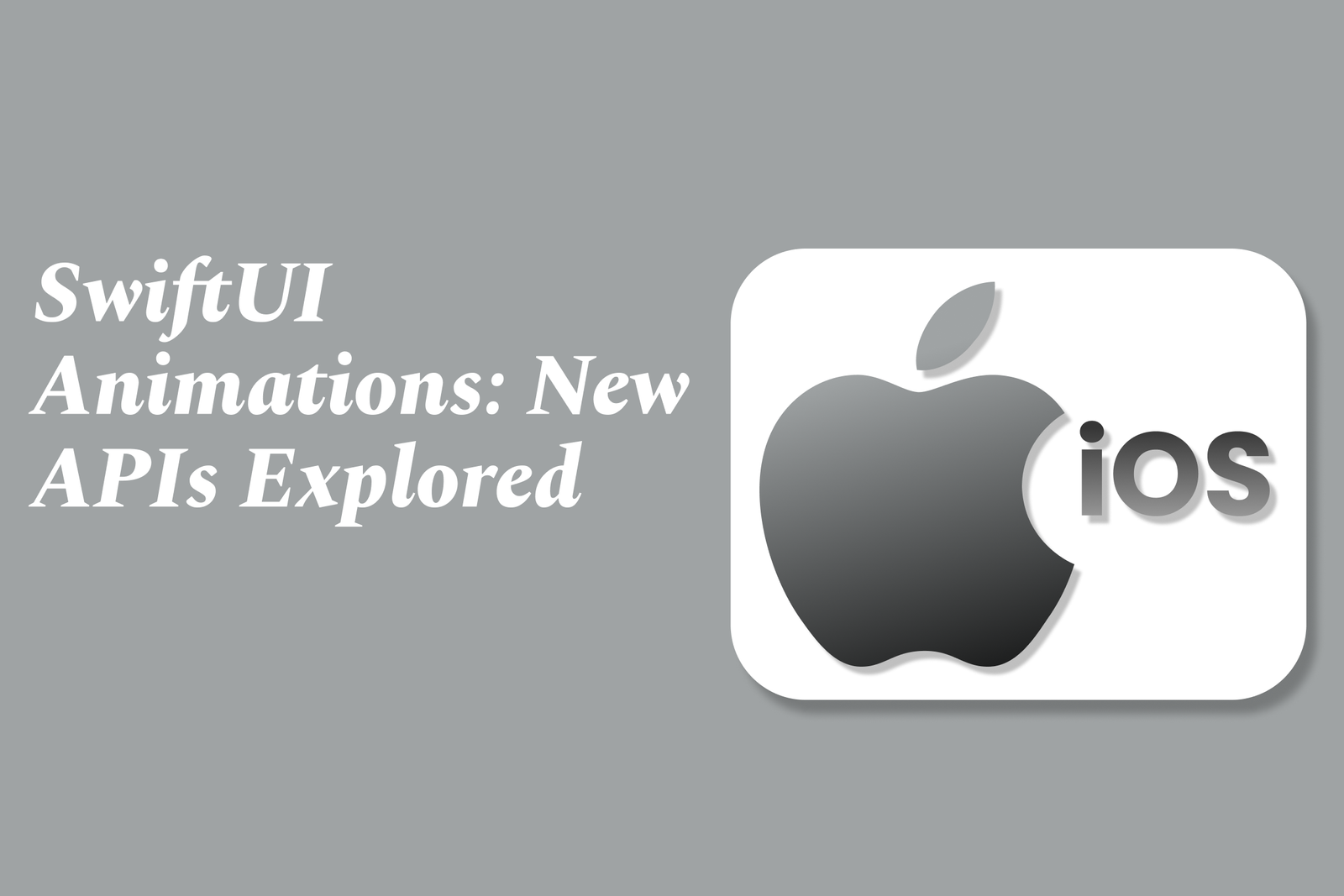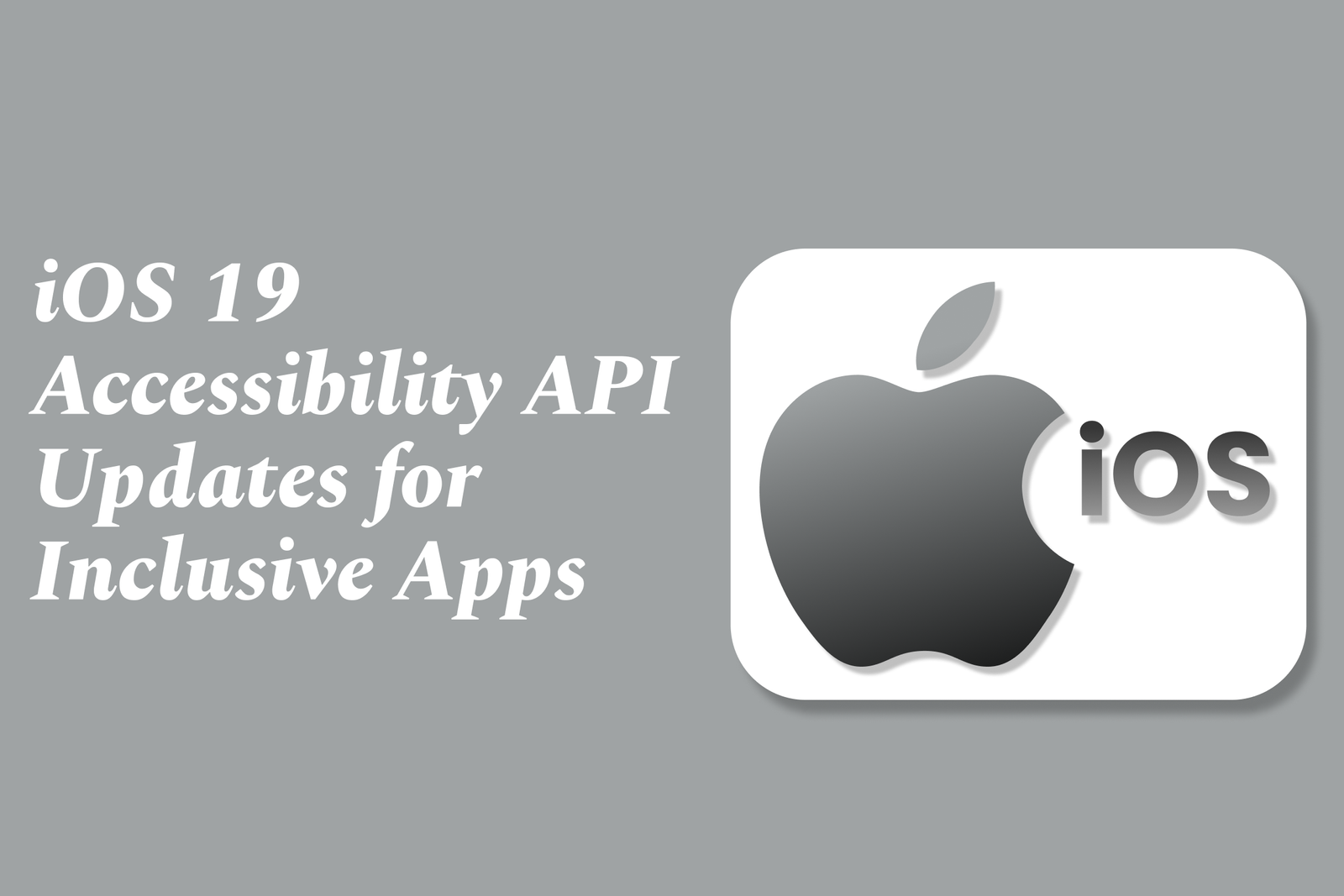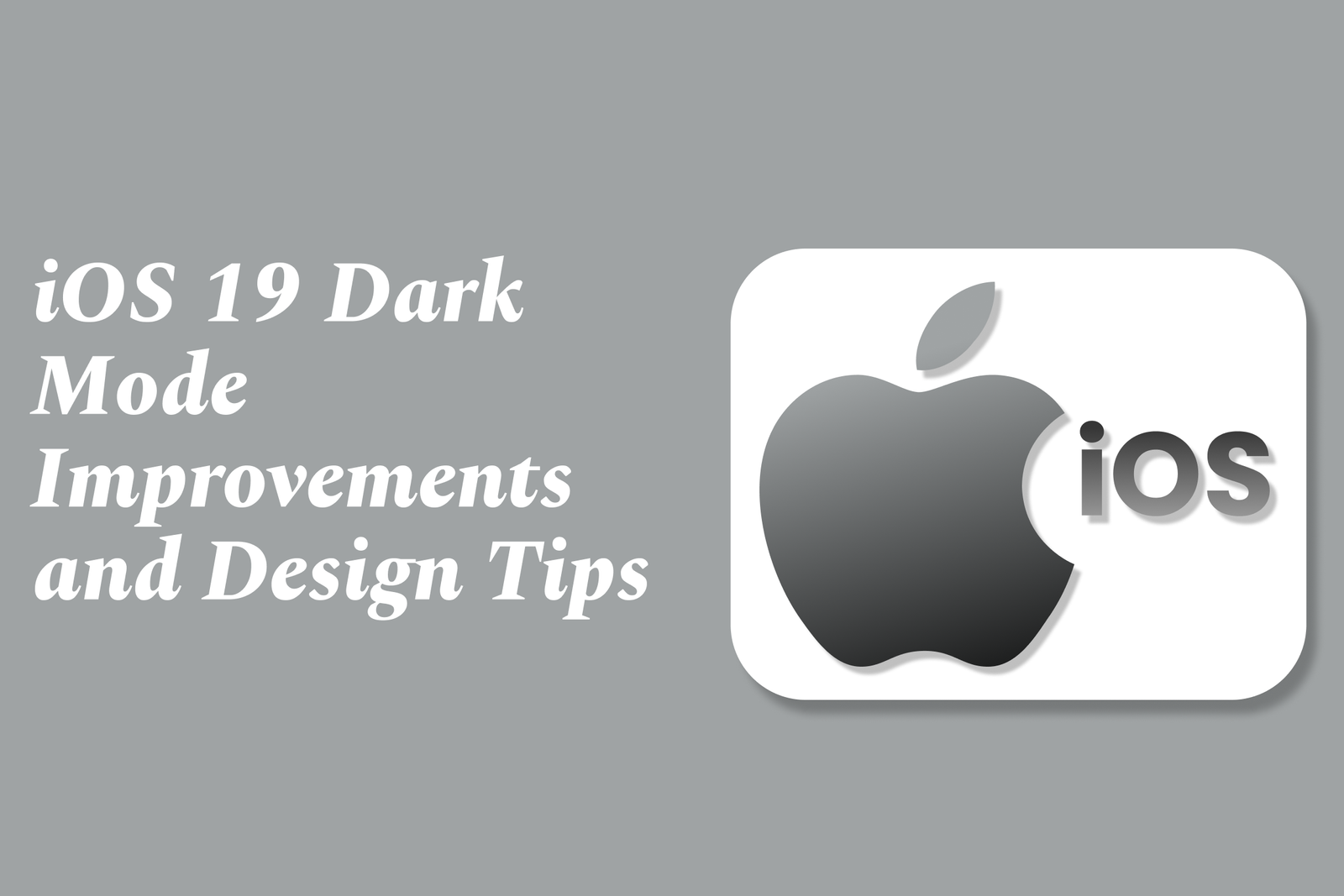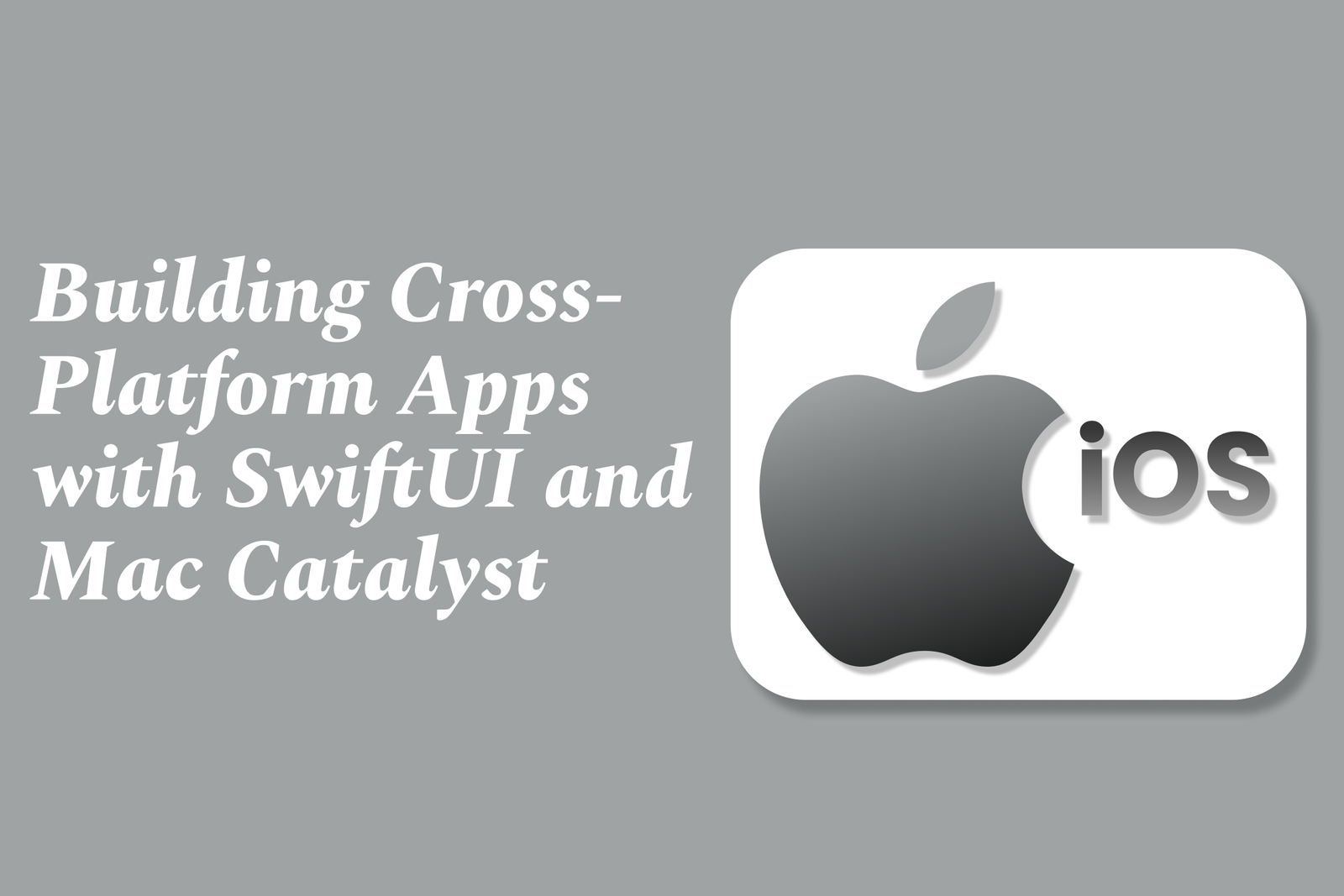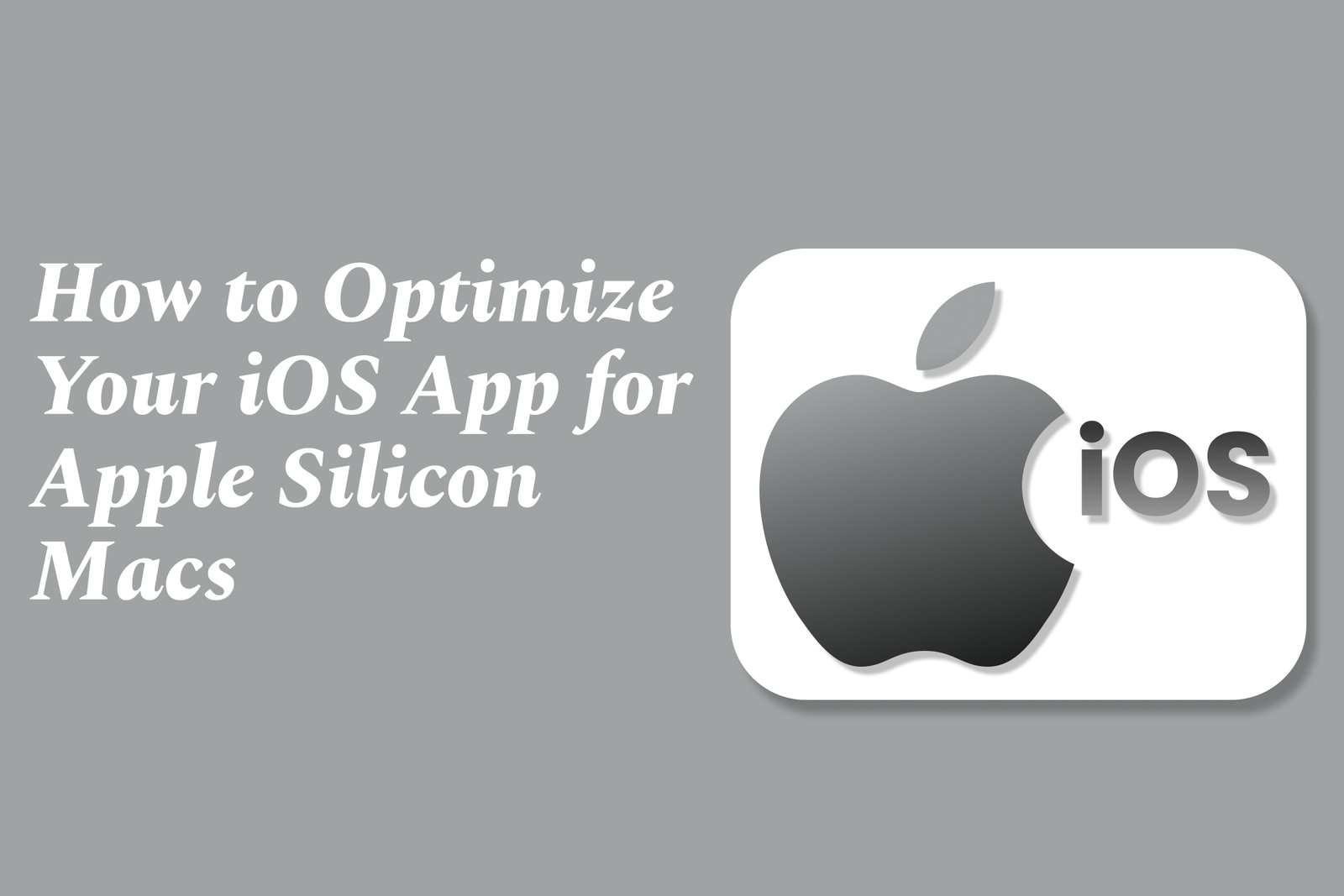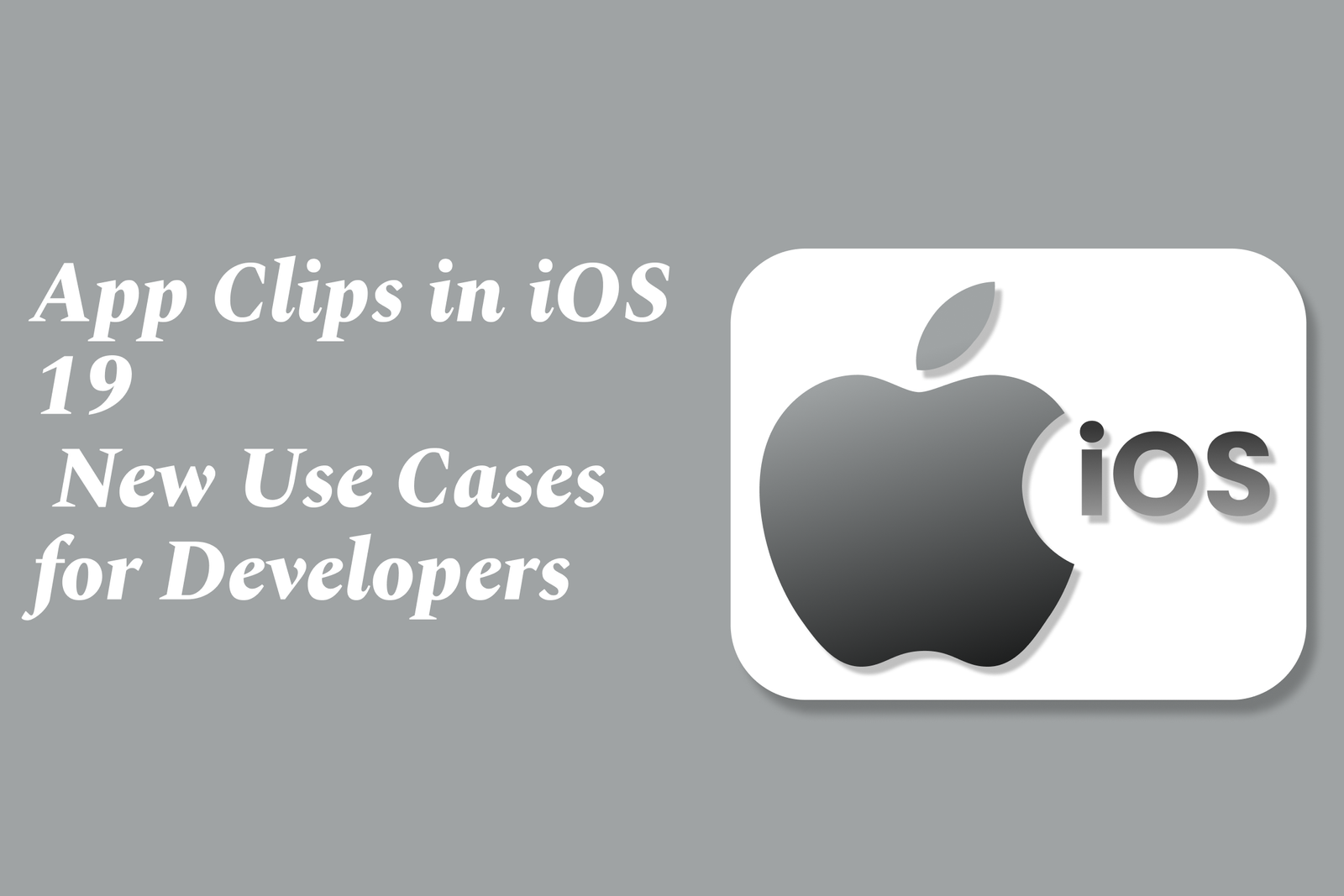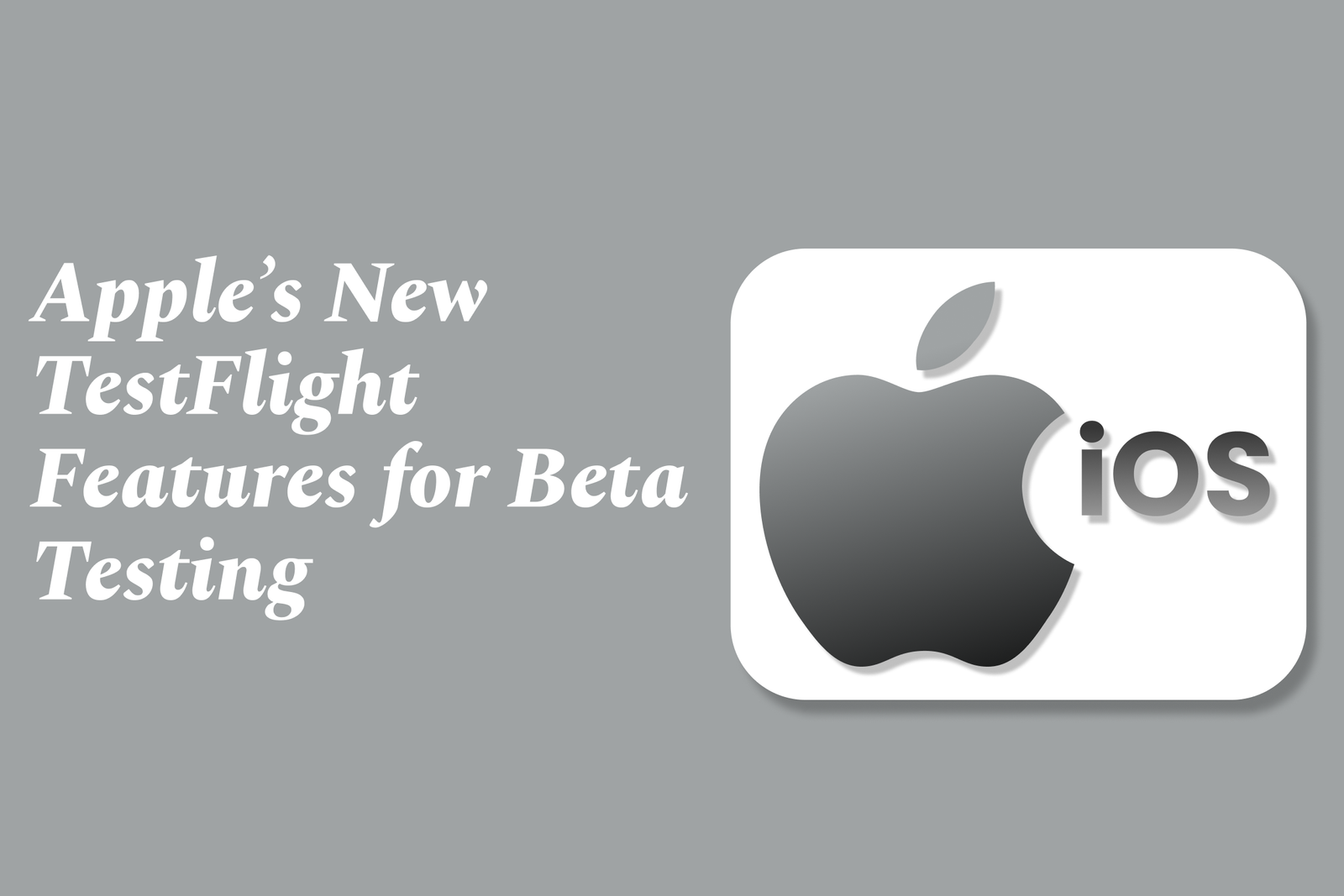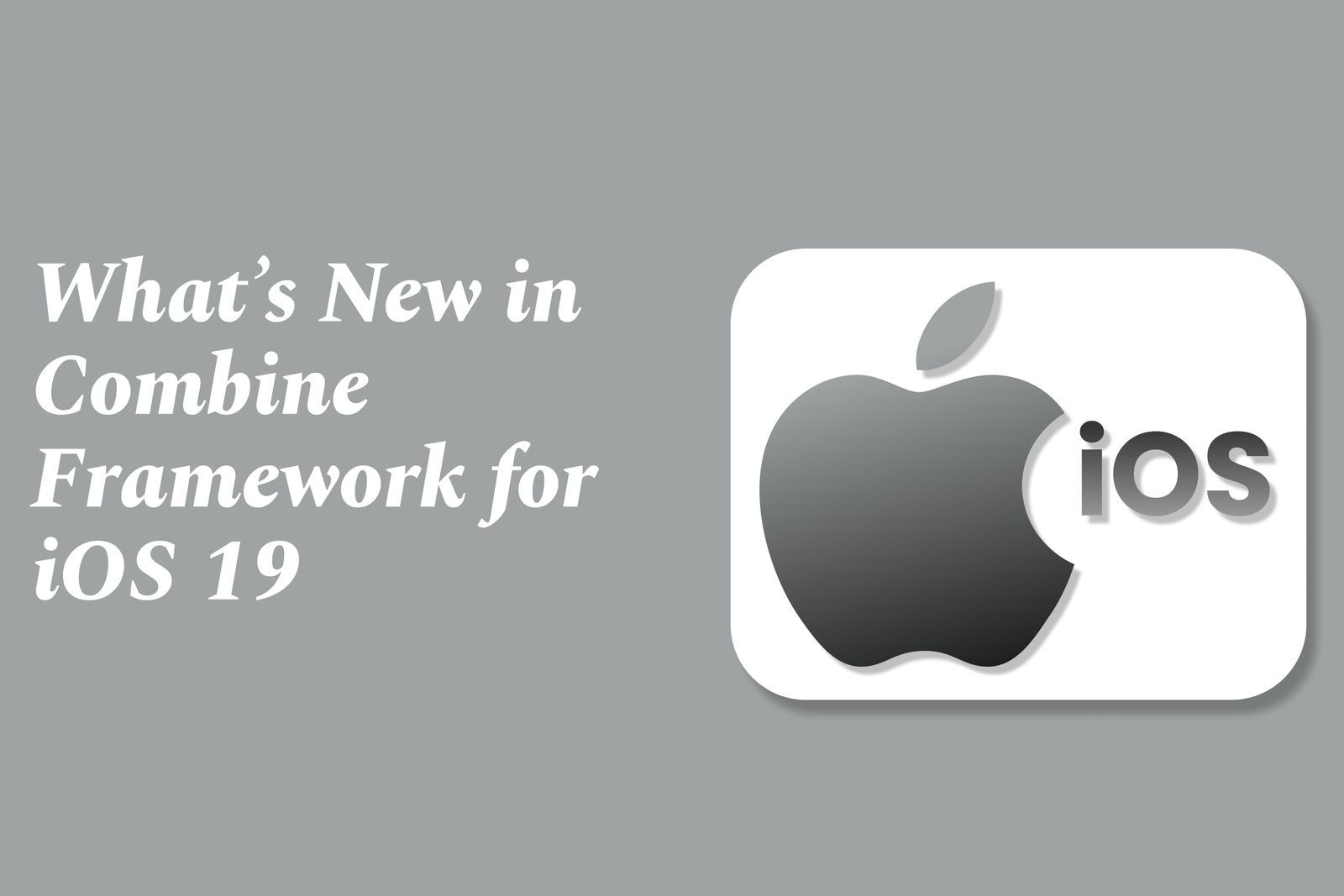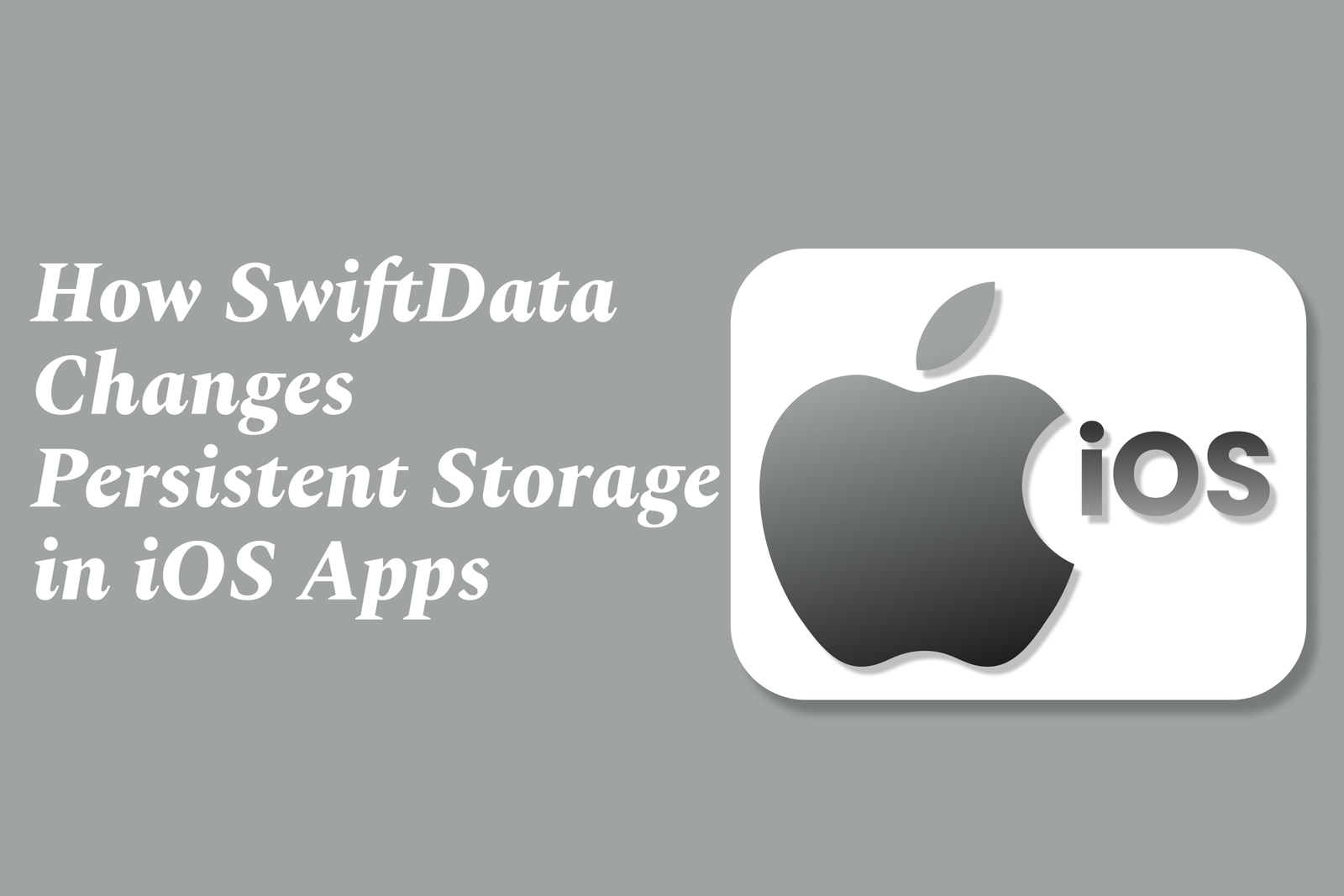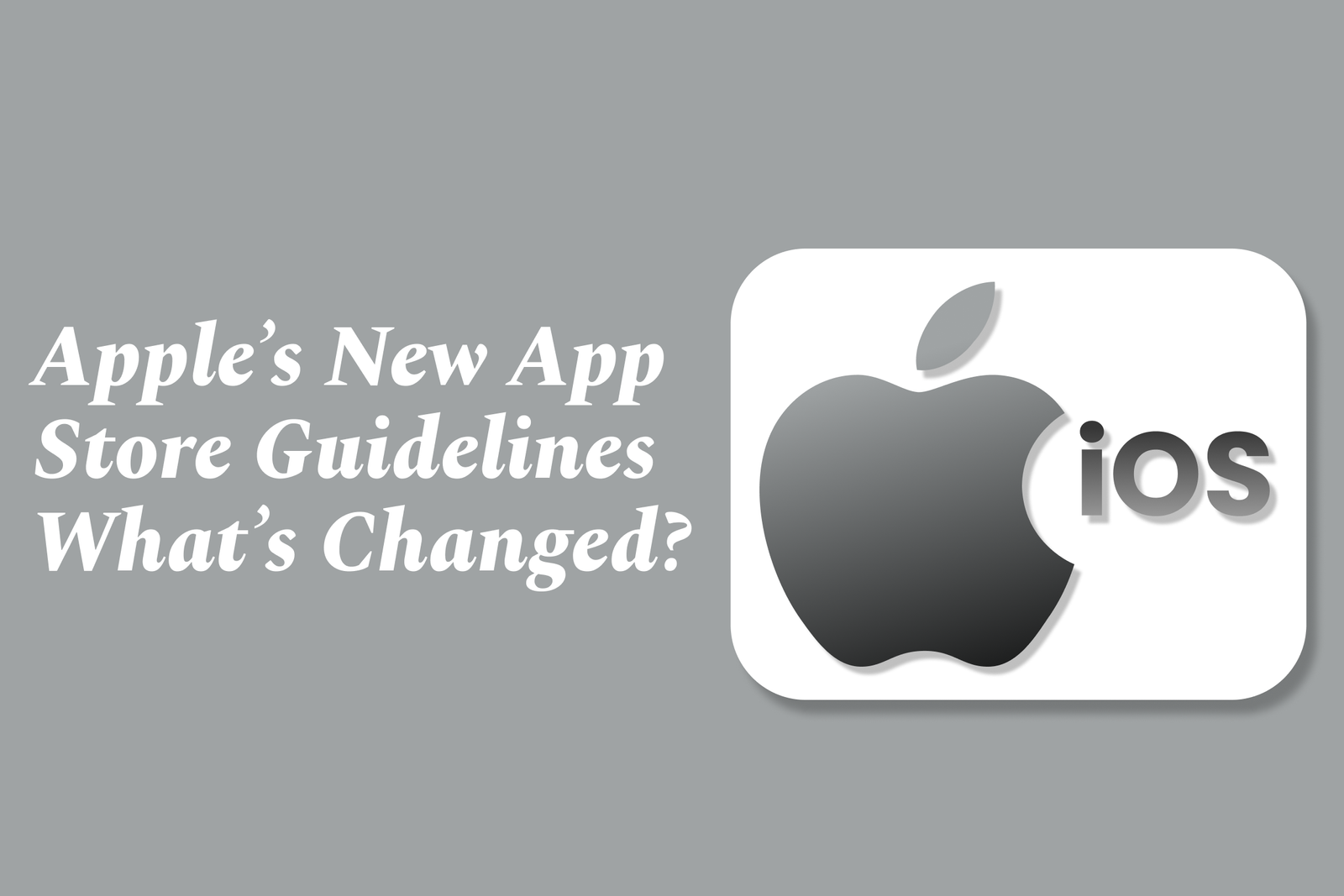Android Language Support Updates
Android language support updates enhance the platform by enabling modern Java 8 features like lambdas and method references within Android Studio, improving code efficiency and developer experience without needing the Jack compiler, streamlining app development and build processes.
Android language support updates
1 ) Java 8 Language Features Support in Android Studio
Android Studio 2.4 Preview 6 introduced support for Java 8 language features within the Android build system using the javac/dx compilation path.
This update allows developers to use lambdas, method references, and other Java 8 features by automatically desugaring Java 8 class files into Java 7 compatible ones.
The Gradle plugin supports these features without switching to the Jack compiler, offering faster build speeds.
Compatibility with tools relying on bytecode (such as Instant Run) and libraries written in Java 8 is now ensured.
The update includes important bug fixes based on developer feedback, enhancing the stability of Java 8 language feature support.
To use these features, developers need to update their projects’ target and source compatibility settings to Java 1 )8 and use Android Studio 2.4 Preview 6 or later.
Detailed guidance and documentation were provided in the preview release notes to help developers adopt these changes smoothly.
Summary:
The key update described is the official support and improved tooling for Java 8 language features in Android development, enabling modern Java syntax and APIs to be used efficiently and reliably in Android apps.
https://justacademy.in/news-detail/android-auto-updates-and-new-features
https://justacademy.in/news-detail/android-5g-support-expansion-news
https://justacademy.in/news-detail/android-security-vulnerability-patches
https://justacademy.in/news-detail/flutter-accessibility-updates-2025
https://justacademy.in/news-detail/android-system-ui-refresh-news
Related Posts
SwiftUI’s new animation APIs enhance flexibility and control, enabling developers to create smoother, more complex animations with improved timing, transitions, and cross-platform support. These updates simplify building dynamic, engaging UIs across Apple’s ecosystem.
iOS 19 Accessibility API updates enhance app inclusivity by offering improved VoiceOver support, advanced gesture recognition, adaptive UI elements, and better integration with assistive devices, enabling developers to create more accessible, user-friendly experiences for everyone.
iOS 19 enhances Dark Mode with deeper blacks, smoother visuals, and improved system consistency. Designers should focus on balanced contrast, readable typography, subtle colors, and seamless Light/Dark transitions to create comfortable, accessible, and visually appealing dark-themed interfaces.
Building cross-platform apps with SwiftUI and Mac Catalyst lets developers create a single codebase that runs seamlessly on iOS, iPadOS, and macOS, combining SwiftUI’s unified UI framework with Mac Catalyst’s ability to bring iPad apps to the Mac efficiently.
Optimizing your iOS app for Apple Silicon Macs involves ensuring native compatibility, adapting the UI for larger screens and input methods, enhancing performance using ARM architecture, leveraging macOS-specific features, and thorough testing to deliver a seamless app experience on Apple’s desktop hardware.
App Clips in iOS 19 are lightweight app modules that launch instantly without full installation, enabling developers to offer quick, context-driven experiences like seamless ordering, payments, and check-ins, enhancing user engagement and boosting app discovery in new real-world scenarios.
Apple’s new TestFlight features simplify beta testing across all Apple devices, enabling developers to easily distribute apps, games, and App Clips to testers without complex setup, supporting automatic updates, device requirements, and broad language options for seamless testing.
iOS 19’s Combine framework update introduces enhanced async handling, improved publisher types, and better integration with SwiftUI, streamlining reactive programming for smoother, more efficient event-driven app development and simplifying asynchronous data flow management.
SwiftData modernizes persistent storage in iOS apps by offering a simpler, Swift-native framework that integrates seamlessly with SwiftUI, reducing boilerplate code and improving data management with declarative syntax, streamlined relationships, and built-in support for cloud syncing.
Apple’s updated App Store Guidelines introduce more detailed age ratings, support alternative app distribution in the EU, and enhance TestFlight beta testing with broader device support and extended testing periods—strengthening app safety, compliance, and developer flexibility.
